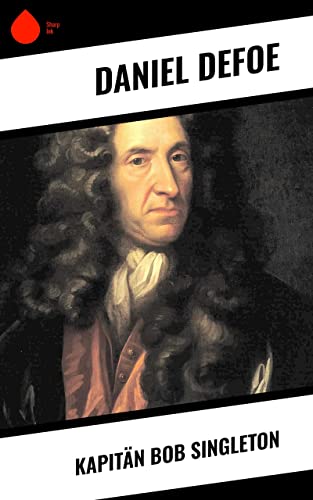What do you think?
Rate this book


107 pages, Kindle Edition
First published January 1, 1720
and this I may venture to say before Hand, upon the Word of a PYRATE, that I shall not be able to recollect the full, no not by far, of the great Variety which has formed one of the most reprobate Schemes that ever man was capable to present to the World.Whew, now something like that might've upped the star -quotient a notch or two, but really Defoe's seafaring scallywags are less like that variety of pirate one encounters in, say, R.L Stevenson, than are those true reprobates of our present-day (i.e. those well-dressed/coiffed, private(er) equity managers who party together, have got each others' backs, and can be just a tad ruthless when the odd hostile takeovers come along, which is thankfully often enough to keep those pages turning.